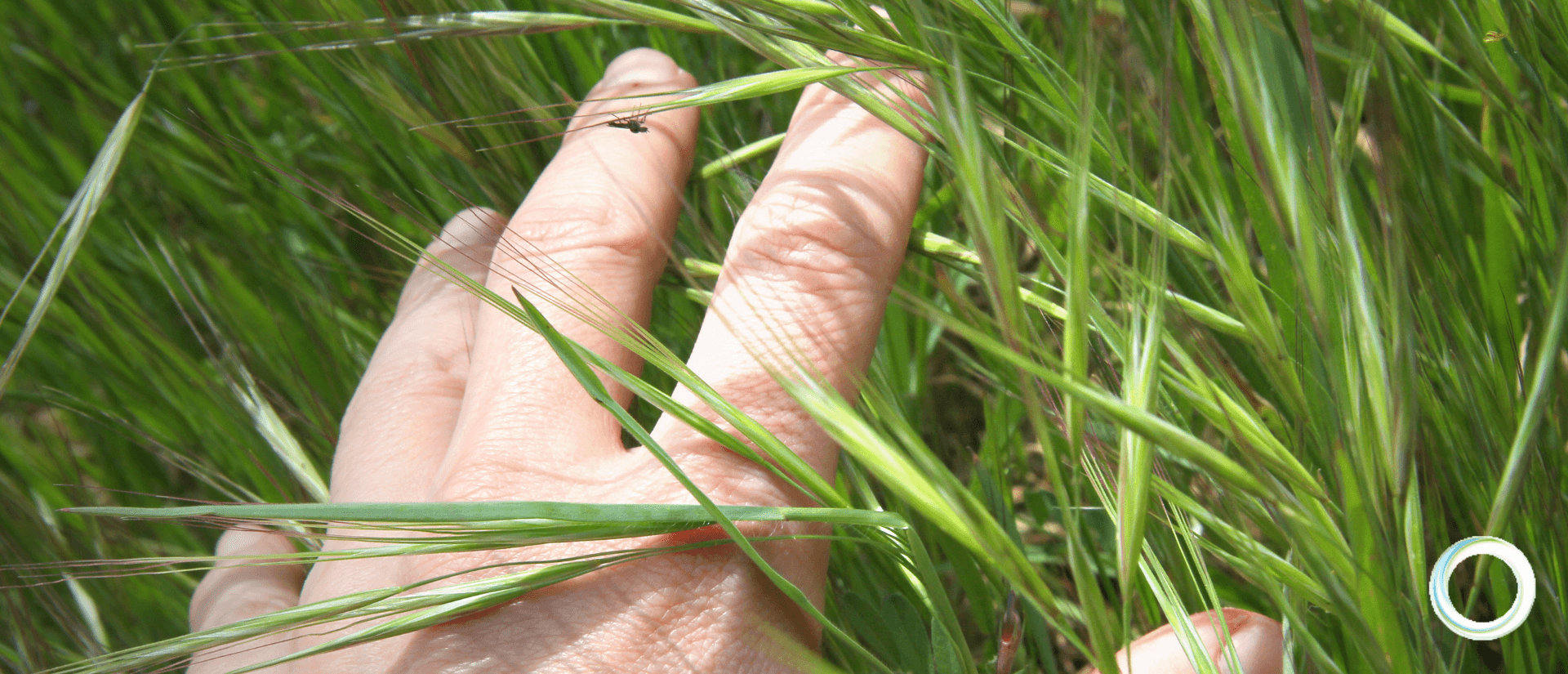
How to Thrive as a High Sensory (HSP) Extrovert
This blog post explores the intersection of high sensitivity and Extrovts. A team of HSP coaches, Bonnie Snyder, Stacy Ingram, Cara Menz and Lisa Morrison, share their insights and personal experiences on this important topic.
In a recent conversation among intuitive life balance coaches, an intriguing revelation unfolded: all participants identified as extroverts. Bonnie Snyder, an intuitive life balance coach, diplomate in energy psychology, and supporter of highly sensitive women initiated the discussion. Joining her were Cara Menz, focused on guiding women in their forties and fifties through midlife re-evaluations, an advocate for burnt-out women using the epic approach, and Lisa Morrison, a certified life coach and tapping practitioner aiding high-sensory women in overcoming mental and emotional obstacles. Stacy Ingram helps women regain their identity/authenticity and self-confidence during turbulent times: Reconnect, Rebalance and Rebuild for a life that you love.
The Unique Blend: Extroversion and High Sensitivity
The discussion centred on the unique blend of being extroverted and highly sensitive. Stacy shared her initial sense of being different within the highly sensitive community, where introverts predominated. Despite the statistical minority, the four extroverted individuals found common ground and shared experiences that shed light on the interplay between extroversion and high sensitivity.
Introverts vs. Extroverts: Wired Differently
The participants delved into the fundamental differences between introverts and extroverts to understand their journey better. Acknowledging the diverse ways brains function, they emphasised that neither orientation is superior; each has its strengths. Introverts find solace in quiet introspection, while extroverts draw stimulation from social interactions. However, as extroverted, highly sensitive individuals, they recognised the need for extra learning to navigate their unique path.
Highly Sensitive Person (HSP) Traits: A Deep Dive
The conversation turned to the traits associated with being a highly sensitive person. Drawing insights from Dr. Elaine Aron’s work, the participants highlighted specific characteristics such as heightened awareness of subtleties, sensitivity to others’ moods, and being easily overwhelmed by external stimuli. These traits, once understood, became the building blocks for harnessing their superpowers.
Turning Sensitivities into Superpowers
The discussion culminated in recognising that these sensitivities, often perceived as challenges, could be transformed into superpowers. Lisa emphasised that the heightened sensory intelligence of highly sensitive individuals allows for deep processing, unique problem-solving, and thinking outside the box. The ability to notice and interpret nuances in various aspects of life emerged as a valuable asset.
Walking the Tightrope: Balancing Stimulation for Extroverted HSPs
As extroverts, the participants acknowledged the delicate balance they must strike between overstimulation and understimulation. Recognising when to engage with the external world and when to retreat for self-preservation became an essential aspect of their journey. Cara emphasised the importance of guiding their lives, understanding personal limits, and learning strategies for maintaining calm amidst the dynamic nature of their extroverted lives.
The Myth of Endless Energy
The conversation delves into the misconception surrounding extroverts, emphasising the experience of feeling exhausted despite being on the go. The participant reflects on past experiences where external expectations clashed with internal fatigue, illustrating the need for a deeper understanding of one’s energy dynamics.
Recognising the Need for Balance
In a reflective moment, one participant acknowledged the importance of taking a step back and appreciated the insightful points raised by Stacy. The discussion revolves around the delicate balance required by extroverted, highly sensitive individuals, a balance often overlooked in the pursuit of stimulation.
Resisting the Understanding of Extroversion and Sensitivity
The journey to accepting one’s extroverted, highly sensitive nature is explored, with the participant admitting initial resistance. The realisation that stimulation, unique to each individual, plays a crucial role in maintaining mental well-being is pivotal. The understanding that what stimulates one person may not excite another underscores the importance of individual self-awareness.
Creating a Supportive Environment
Building a support system is essential. Communicating openly about your needs and preferences with friends, partners, or family members fosters understanding. It’s not limited to introverted friends; anyone who accepts and appreciates your unique wiring can offer valuable support. This mutual understanding creates a space where you can be authentically yourself.
Prioritising Self-Care
Self-care emerged as a central theme, encompassing various practices such as planning social events, quietly leaving when needed, and integrating moments of stillness. The importance of self-care rituals, such as being in nature, engaging in creative activities, or finding quiet moments, aids in managing sensory overload and maintaining a balanced life.
In conclusion, these tips collectively guide extroverted, highly sensitive individuals to navigate their unique experiences. By incorporating self-awareness, communication, practical strategies, and a commitment to self-care, individuals can thrive in a world that may sometimes seem overwhelming.
Were you born with the trait of High Sensory Intelligence? Take our quiz here:
https://quiz.tryinteract.com/#/5e19e74eb4685c0014b98768
Join the next High Sensory Intelligence Masterclass:




Editor says:
Editor says: